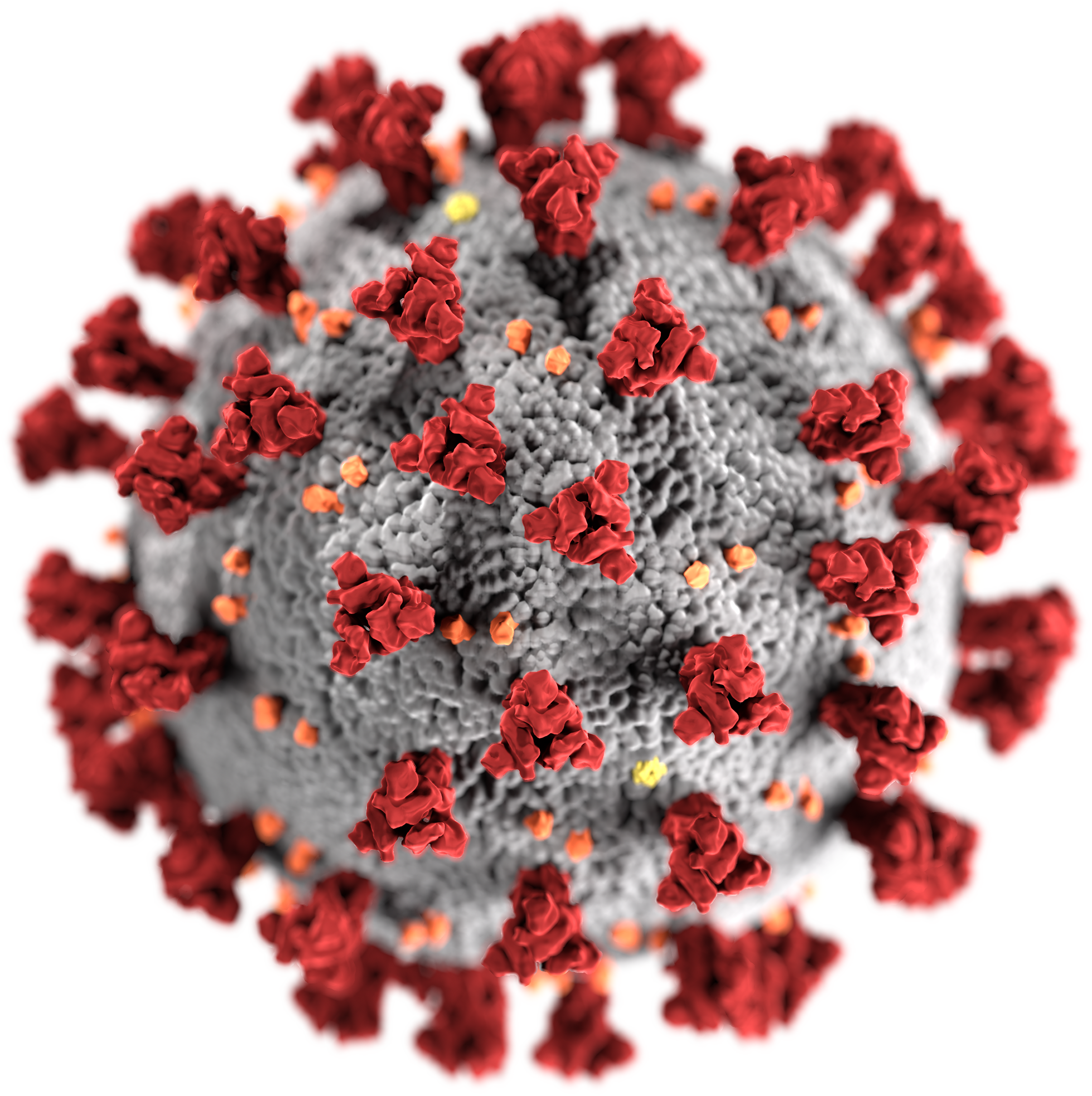Education
Doctor of Philosophy (in progress) [2022 — current]
My PhD focuses on the modelling of what happens once you get infected with a virus and how this translates to outbreak dynamics. Within-host models seek to capture the dynamics of infectious agents that have entered into an individual’s body (my interest is in respiratory illnesses). In comparison to between-host (or transmission) models, our understanding of fitting and working with within-host dynamics is much simpler. This is a result in part due to the massive number of cells being modelled—often resulting in simpler models being used as stochastic models require a large amount of compute. As such the models most used, are often simple piece-wise linear models which hides away some of the biological processes at play. The first paper from my PhD looks at how we can incorporate stochasticity into a large population model without the need for stochastic simulations. This improves the computational efficiency of the model and allows for us to capture the biological properties of the within-host dynamics through systems of ODEs.
The current stage of my PhD is seeking to use this novel approach to modelling the stochastic within-host dynamics to inform the transmission dynamics of respiratory illnesses. This forms a bridge between the within-host and between-host models and allows for a more complete understanding of the dynamics of respiratory illnesses and uses ideas from the generation-time models.
Papers arising from my PhD:
- Dylan J. Morris, Lauren Kennedy and Andrew J. Black., 2024. Random time-shift approximation enables hierarchical Bayesian inference of mechanistic within-host viral dynamics models on large datasets. arXiv:2507.02884
- Dylan Morris, John Maclean and Andrew J. Black, 2024. Computation of random time-shift distributions for stochastic population models. Journal of Mathematical Biology, 89, 33, 10.1007/s00285-024-02132-6.
Master of Philosophy (completed) [2019 — 2021]
I completed my M.Phil in 2021 with my thesis titled Inference on historical Ebola outbreaks using hierarchical models: a particle filtering approach. This work looked at how we can model outbreaks of Ebola efficiently by using importance sampling in particle filters. This methodology allows realisations of a continuous-time Markov chain to be simulated that are consistent with two time-series of (partial) observations of the outbreak. Ebola served as a great case study since it is a disease where it’s relatively easy to see when someone gets sick and dies as a result of it.
Bachelor of Mathematical Sciences (completed) [2016 — 2018]
Majors:
- Applied Mathematics
- Statistics
